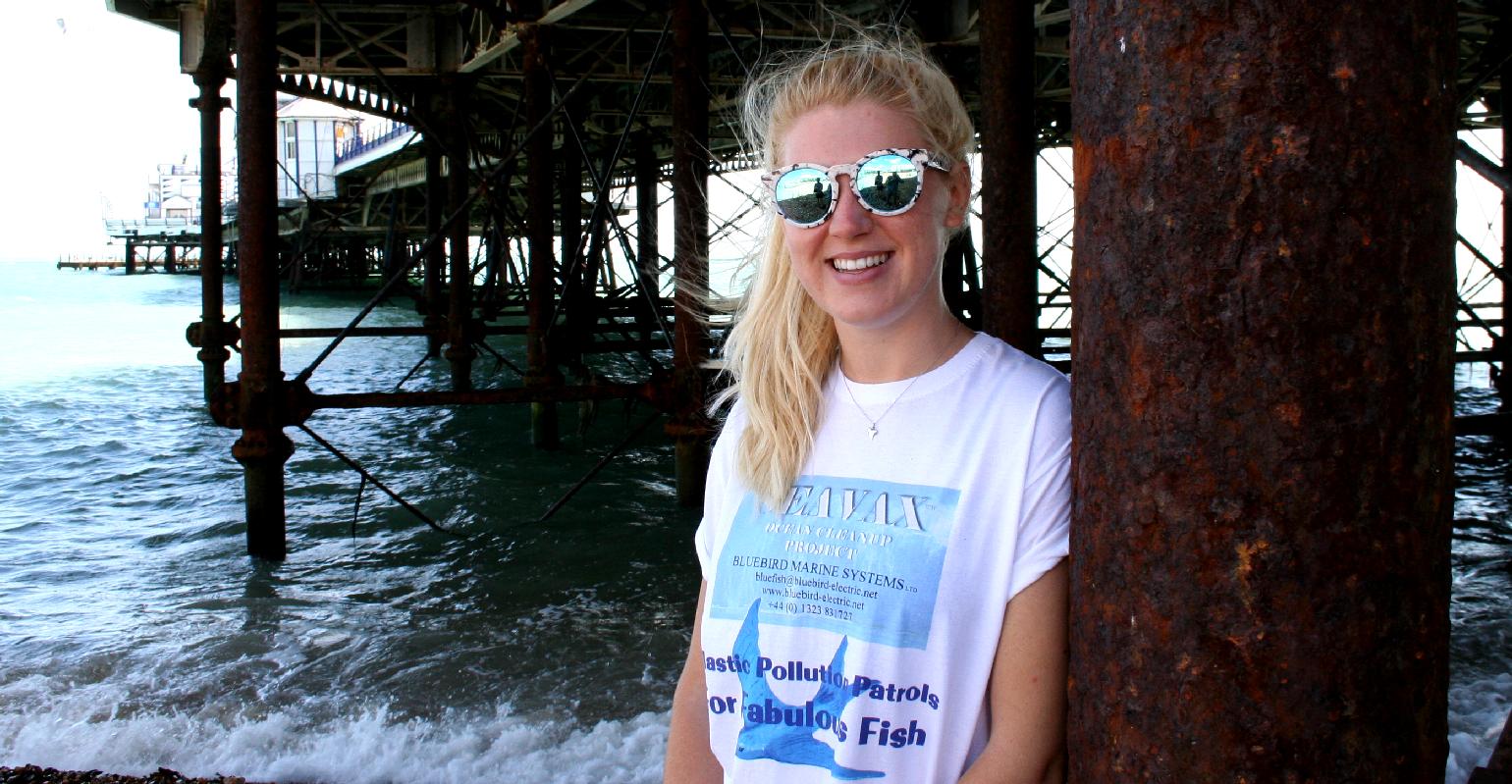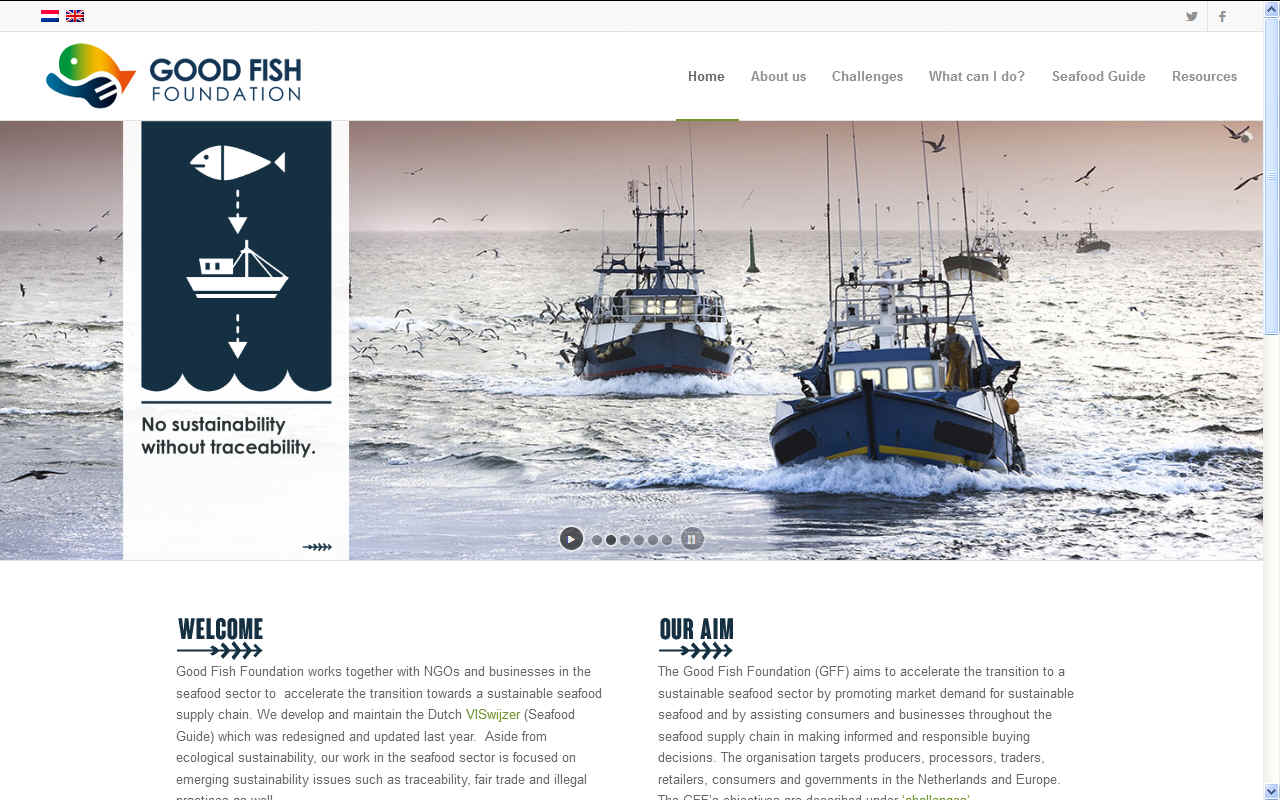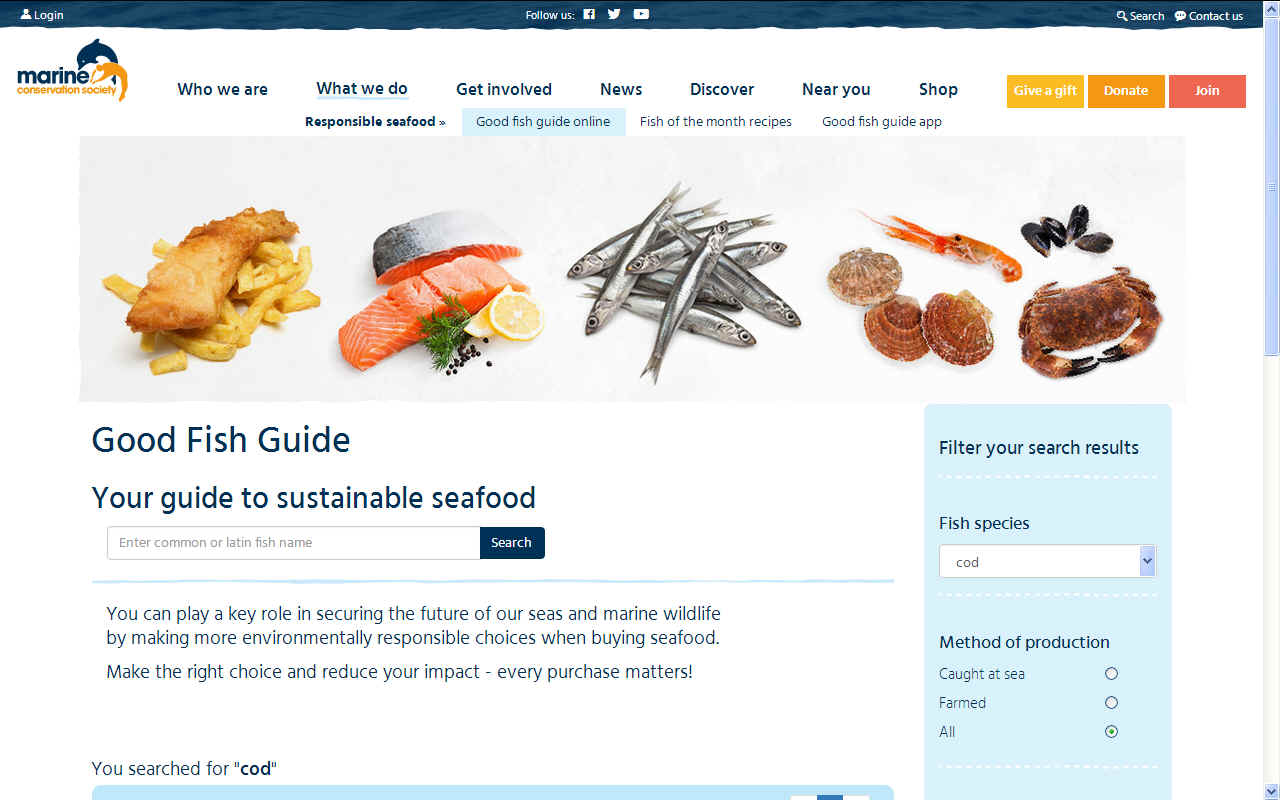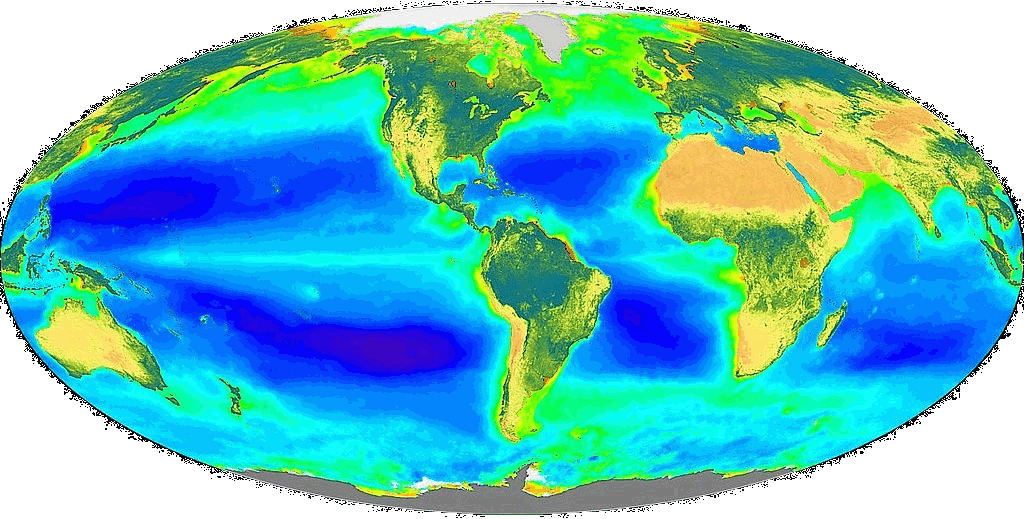|
A GUIDE TO HUMAN DIETS
|
|
EAT WELL - As a marine biologist, Emily likes to keep herself in shape for her Watersports activities and is careful about the food she eats. She steers clear of meat, especially beef. Copyright photograph 31 July 2018 all rights reserved. You will need the permission of the Cleaner Ocean Foundation to reproduce this picture.
Humans are not natural meat eaters. We know this from the clues in the makeup of our teeth. We have though adapted quite quickly as we evolved to take advantage of meat for the high protein and fats it contains. Nowadays most of us eat meat at one time or another while others eat a great deal of red meat. But is it good for us?
We bet that if you have not eaten a beef burger for a while, that when you have one you do not feel on top form the next day. The same happens to most of us after consuming a large steak. But did you know how much environmental damage raising cattle for meat causes in terms of climate change, also referred to as global warming?
The figures are staggering. It is one of the problems with affluent living, as prosperity grows so does the meat production. It is the same for cars and petroleum. The richer our societies grown the more we pollute the planet.
You would think that with education banging the drums as to conservation that rich people would be more sensitive. Unfortunately that holds true for only a small percentage of world population - and the population is increasing - where you'd imagine that with contraception now widely available that families would show constraint.
Pescetarianism
(also spelled pescatarianism) is the practice of following a diet that
includes fish or other seafood, but not the flesh of other animals.
Veganism is the practice of abstaining from the use of animal products, particularly in diet, and an associated philosophy that rejects the commodity status of animals. A follower of the diet or the philosophy is known as a vegan. Distinctions may be made between several categories of veganism. Dietary vegans (or strict vegetarians) refrain from consuming animal products, not only meat but also eggs, dairy products and other animal-derived substances. The term ethical vegan is often applied to those who not only follow a vegan diet but extend the philosophy into other areas of their lives, and oppose the use of animals for any purpose. Another term is environmental veganism, which refers to the avoidance of animal products on the premise that the industrial farming of animals is environmentally damaging and unsustainable.
Vegetarianism
is the practice of abstaining from the consumption of meat (red meat,
poultry, seafood,
and the flesh of any other animal), and may also include abstention from
by-products of animal slaughter.
Anchovies | Bass | Bream | Catfish | Clams | Cod Coley | Crabs | Crayfish | Eels | Grouper | Haddock | Hake | Halibut | Herring | Jellyfish Krill | Lobster | Mackerel | Marlin | Monkfish | Mullet | Mussels | Oysters | Perch | Plaice | Pollock | Prawns | Rays | Sablefish | Salmon Sardines | Scallops | Sharks | Shrimp | Skate | Sole | Sprat | Squid | Sturgeon | Swordfish | Trout | Tuna | Turbot | Whiting
INCOMING FOOD ENERGY - The average rate of energy capture by photosynthesis globally is approximately 130 terawatts, which is about three times the current power consumption of human civilization. Plants usually convert light into chemical energy with a photosynthetic efficiency of 3–6%. It is estimated that between 50% and 85% of the world's oxygen is produced via phytoplankton photosynthesis. Photosynthetic organisms also convert around 100–115 thousand million metric tonnes of carbon into biomass per year.
All life on earth begins with the conversion of sunlight into chemical energy as carbohydrates, such as sugars. This process is called photosynthesis. Photosynthesis is the first stage of any food chain be it on land or in the sea, where our food, if it includes fish or other animal meats, is subject to biomagnification.
At every successive stage of any food chain potential energy for life is lost as one animal absorbs another, or grain is converted to meat as animal feed. By the time animal protein reaches our tables as meat or fish the theoretical 130 terawatts (trillion watts) we started with for all life on earth is significantly reduced.
Like it or not we are all part of a food chain. Our food footprint is lowered by eating food that originates further down the food chain. It is a sure bet that pescetarians, vegetarians and vegans have a smaller food footprint than routine meat eaters. They are also likely to live longer and be healthier.
|
|
This website is Copyright © 2018 Kismet Girls Trust. All rights reserved. All other trademarks are hereby acknowledged.
|




